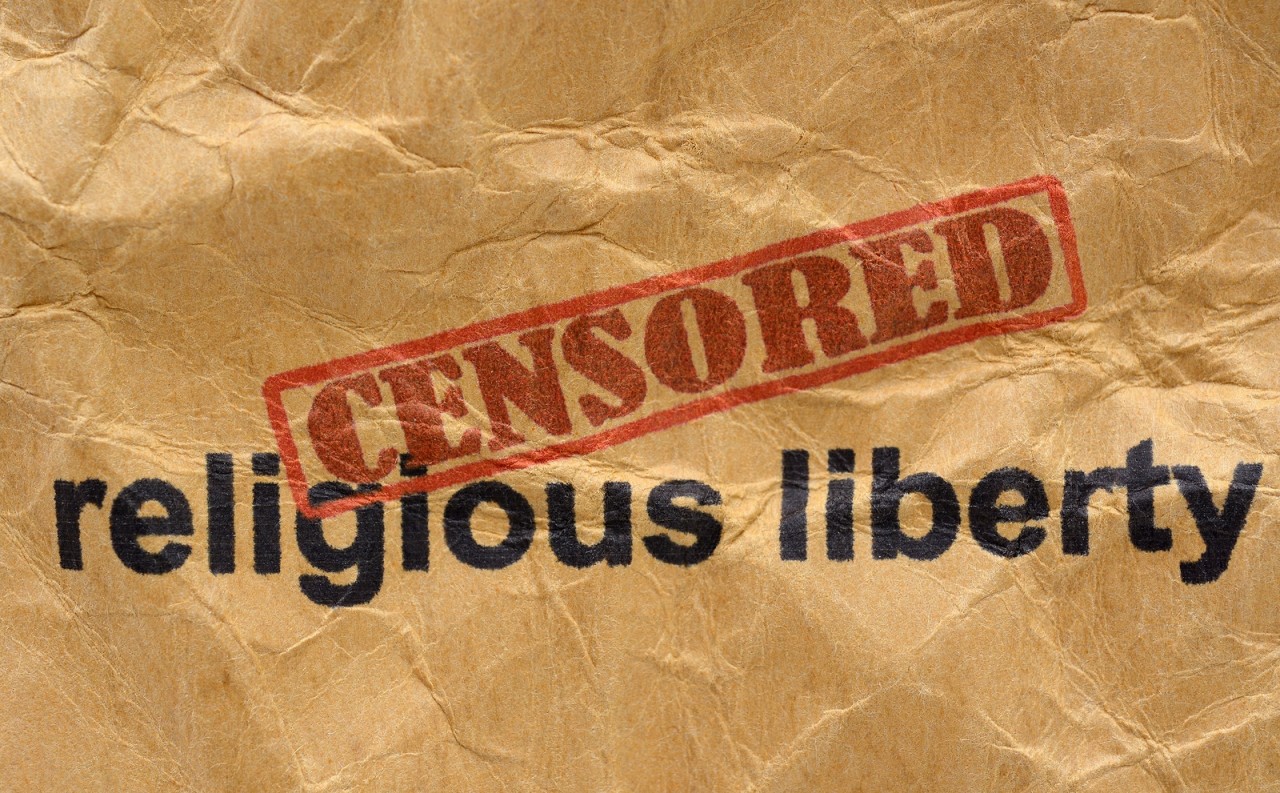When Georgia lawmakers proposed the “Free Exercise Protection Act” (House Bill 757), they undoubtedly knew it would be challenged. What they may not have expected, though, is that the bill would be at the center of a national controversy.
The bill (viewable at www.legis.ga.gov), would, among other things, offer religious liberty protections to ministers, ensuring they would not be forced to perform or host at their facilities marriages that violate their deeply held religious beliefs.
Opponents of the bill, however, have called the bill “discriminatory,” “hateful” and worse. The NFL went so far as to say, if the Georgia Governor were to sign the bill into law, Atlanta may no longer be considered as a host site for the Super Bowl.
We are seeing this more and more. In the wake of the U.S. Supreme Court’s mandating of same-sex marriage in all 50 states, legislation is being proposed that would protect people from participating or solemnizing those marriages, and those bills are being labeled as “discriminatory” and “anti-LGBT.”
In Oklahoma, the Legislature in 2015, passed in the face of such opposition, a ministers’ bill of rights, which effectively ensured religious freedom from being forced to perform same-sex weddings.
This session, several bills were introduced, related to religious liberty that went a step further. One such bill was House Joint Resolution 1059, by Rep. Mark McCullough. The bill was a proposed constitutional amendment that would provide “protections for entities and individuals that refuse certain acts which violate a sincerely held religious belief.” The legislation (viewable at www.oklegislature.gov) would have allowed “a religious organization, authorized official, private business or individual to refuse to solemnize or recognize any marriage or provide goods or services related to the marriage that violate a sincerely held religious belief.”
That specific bill did not advance from the House to the Senate in time for the March legislative deadline. One gay rights group in Oklahoma praised the Oklahoma legislature for not advancing this or “any of the 27 pieces of discriminatory anti-LGBTQ legislation.”
Yet, what the LGBT advocates call discrimination, the legislators and any objective person can see these bills are motivated by protecting the consciences of people of faith. The lessons in Oklahoma and Georgia serve as important reminders in the following ways.
// Religious liberty is at risk
The First Amendment to the United States Constitution still stands, and it remains the best safeguard for “the free exercise of religion.” Yet the claims of the sexual revolution are getting more strident and militant. We must recognize that religious liberty is a cherished right that must be contended for, not taken for granted.
// Read beyond the headlines
Whether it’s the legislation in Georgia today, or the religious freedom bill in Indiana that caused an outcry last year, most people don’t read past headlines and look at the details of the actual laws. Christians must go beyond glancing at a news headline and reacting. Take time, stop, study the issues, then respond with gentleness and respect, knowing the people who disagree with us may be the ones God is calling us to reach with the Gospel.
// Pray for our lawmakers
The Bible tells us to pray for “all those in authority, that we may live peaceful and quiet lives in all godliness and holiness” (1 Tim. 2:2). In this politically-correct, highly-sensationalized culture, we need to pray for our lawmakers to be guided by God and have all wisdom.
In the end, it is God Who controls the flow of history. And let’s pray that our Lord finds us faithful to exercise religious liberty by following Him, living out our faith in holiness and sharing the Gospel at every turn. That, in the end, is the best kind of religious liberty exercise of all.





